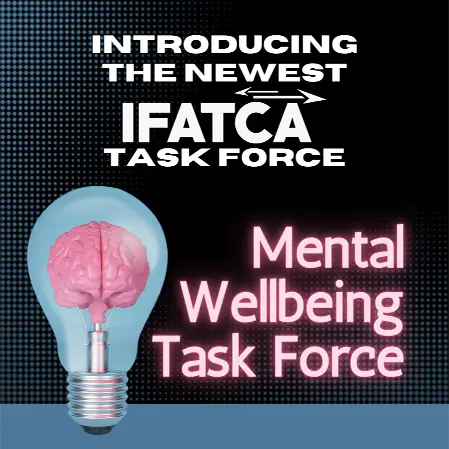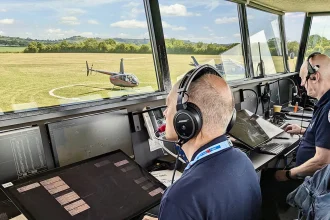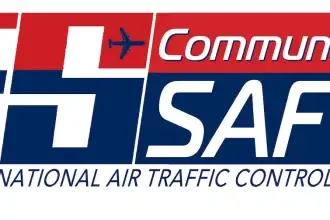
by Peter D.A. van Rooyen
Executive Vice-President ProfessionalIn the fast-paced and high-stakes world of air traffic control (ATC), mental wellbeing is not just a personal matter – it’s a critical aspect of ensuring the safety and efficiency of our skies. While the focus of ATC is often on technical skills and procedural adherence, the mental wellbeing of controllers plays a significant role in their ability to perform their duties effectively.
The demanding nature of the job, characterised by long hours, intense concentration, and split-second decision-making, can take a toll on the mental wellbeing of air traffic controllers. If not properly addressed, the pressure to maintain safety, handle heavy traffic volumes, and respond to unpredictable situations can lead to stress, anxiety, and burnout.
Recognising the importance of mental wellbeing in ATC, aviation authorities and organisations have increasingly prioritised initiatives to support controllers’ mental wellbeing. From providing access to confidential counselling services to implementing fatigue management strategies, efforts are being made to create a supportive environment that prioritises controllers’ mental health and wellness.
One key aspect of promoting mental wellbeing in ATC is fostering a culture of open communication and support. Controllers need to feel comfortable discussing their mental wellbeing concerns without fear of stigma or repercussions. Encouraging peer support networks and promoting awareness of available resources can help break down barriers and create a sense of community among controllers.
Additionally, implementing measures to manage workload and mitigate stress is essential for safeguarding controllers’ mental wellbeing. This may include optimising shift schedules, providing regular breaks, and offering training in stress management techniques. By proactively addressing sources of stress and fatigue, organisations can help prevent burnout and promote resilience among controllers.
Furthermore, investing in ongoing training and professional development can contribute to controllers’ mental wellbeing by enhancing their skills, confidence, and job satisfaction. Equipping controllers with the tools and resources they need to perform their duties effectively can help alleviate feelings of overwhelm and uncertainty.
In conclusion, prioritising mental wellbeing in air traffic control is not just a matter of personal wellbeing – it’s a crucial component of ensuring the safety and efficiency of our skies. By fostering a supportive culture, implementing proactive measures to manage stress and fatigue, and investing in ongoing training and development, we can support the mental wellbeing and resilience of air traffic controllers, ultimately benefiting the entire aviation community.
With this in mind, IFATCA has created a Mental Wellbeing Task Force (MWTF). The Task Force (TF) has been working tirelessly on various initiatives to increase visibility and provide information on Mental Wellbeing. The Chair of the TF is Dr Jaco van der Westhuizen (South Africa) and members of the TF include Bron Sanderson (Australia), Andrew LeBovidge (USA) and Marc Baumgartner (Switzerland).
On Monday, April 15th 2024, at 1600, there will be an in-person Mental Wellbeing Panel at the IFATCA annual conference in Singapore. The speakers will be:
- Dr Jaco van der Westhuizen – IFATCA MWTF Chair | LinkedIn
- Dr Kate Manderson (Principal Medical Officer CASA, Australia) | LinkedIn
- Capt. Dave Fielding – Chair IPAAC (International Peer Assist Aviation Coalition) | LinkedIn
- Capt Laurie Shaw – Fiji Airways
- Moderated by Andrew LeBovidge (NATCA USA) | LinkedIn








